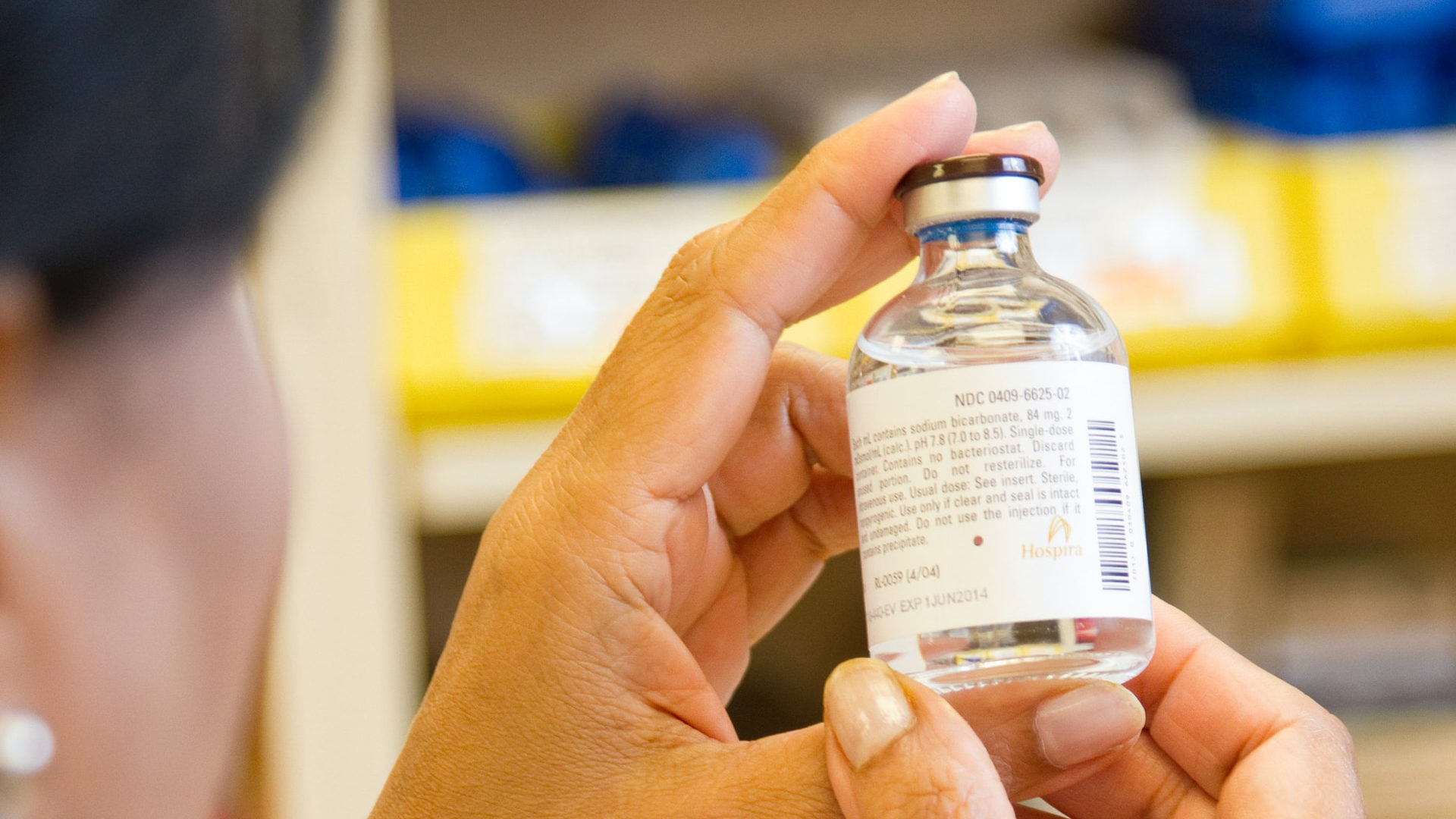News
Spoiler: You can get patents for software!
March 2024
I’ve been a patent attorney working in what’s often called “computer-implemented inventions” for around 20 years. Throughout that time, I’ve had many people tell me that you couldn’t get patents for software. Well, I’m able to tell you otherwise – it is possible to get patent protection for software inventions. The situation is a bit more complicated than if you’re trying to get patent protection for something like a part for a car or a new medical device, but it’s definitely doable. Did you know that Meta (Facebook etc), eBay, and LinkedIn all have granted European patents? These companies are not mainly known for physical products you can pick up and wave around (although I’ll admit that Meta has been in the news a lot recently for its VR headset).
Across Europe, from Iceland to Turkey, the standard for having prospects of obtaining patent protection for a software invention is that the invention must provide a technical solution to a technical problem. Typically, if the invention is controlling something outside of a computer, for example, software control of a manufacturing process, then that would be considered sufficient. Another example is if the invention is improving the computer itself e.g., making it faster, more energy efficient, using less memory and so on.
In the US, it used to be much easier to obtain patent protection for software inventions, however that has changed in recent years. More recently the tests for software patentability in the US and Europe often have similar results. In the US, the invention will be considered as to whether it relates to an abstract idea, and if it does, does it relate to “significantly more” than an abstract idea. From this, we can see that the examples mentioned previously – controlling something outside the computer, improving the computer – would likely be considered to amount to abstract ideas, but having the “significantly more” to get them over the line to be patent eligible. However, in our experience, we do see a little more variability in what the US Patent and Trade Mark Office allows.
On the other hand, there are some software areas where it will be more difficult, if not impossible, to get patent protection – these include games software, methods involving mathematics, presentations of information, and administration or business software. Consider an example of making computer version of a board game – this would basically be using the computer to do what computers are known to do (and not in a faster/better way). Doing something on a computer that could be done with pen and paper or in a user’s head is another warning sign that a getting a patent could be challenging. Business ideas can be another tricky area – consider a situation where someone has come up with a clever new business idea that they are going to provide via mobile and desktop apps. If the clever part is in the business idea itself, then getting a patent is likely to be challenging. However, if something clever was needed to actually implement the business idea in the app, then the chance of getting a patent might be more promising.
For inventions including an Artificial Intelligence (AI) element, these are in essence still a “computer implemented invention” and the guidance above still applies. If the invention solves a technical problem, then the invention has a good chance of being considered eligible for patent protection. But if the invention is using some straightforward AI to do what AI is expected to do, then the chances of patent protection are slimmer.
As you’ll appreciate, protecting software is a tricky area of patent law, but expert advice is available. If you think you might like to protect a new computer-implemented product or system, there is hope! Contact a patent attorney, and they will be pleased to discuss how best to proceed.
Finally, a slight tangent, but always worth mentioning – for any type of invention that you might want to protect, be it software, a chemical or biological substance, or a physical machine, please remember to keep the invention confidential until a patent application has been filed (or you are certain that you do not want to file a patent application). Sharing details of the invention can prevent you from getting valid patent protection.
This article was prepared by Sarah McCrann for Business Leader. Read the original article here.































